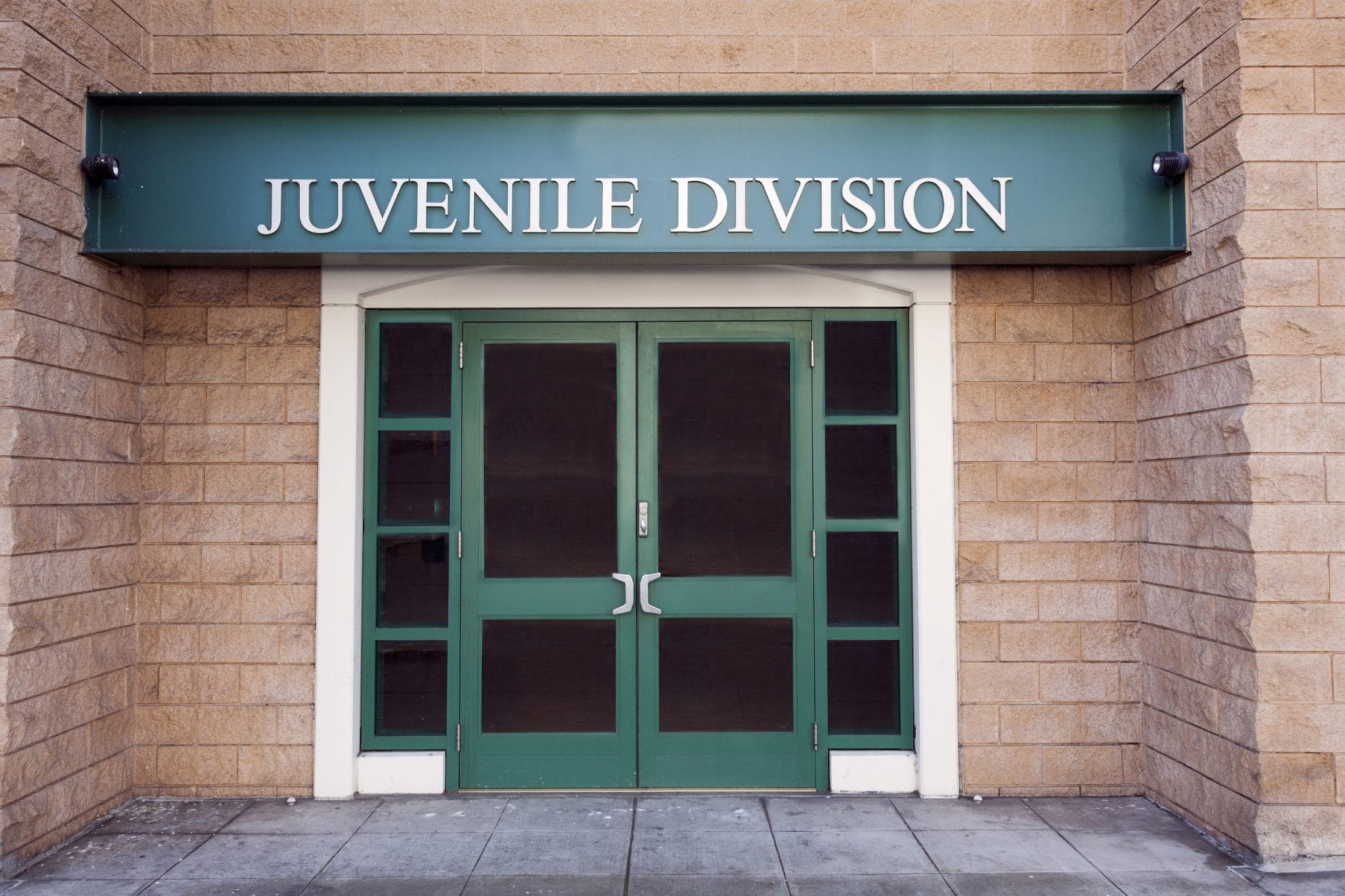Someone being under the age of 18 doesn’t mean they don’t commit crimes. In some cases, juveniles commit very serious violent crimes.
Recently, a violent group of 35 to 40 teens was committing robberies and carjacking in Minnesota, ending in Minneapolis in a crash that sent suspects to the hospital while others fled the scene, as reported by Alphanews.
Certainly, the crimes of these teens are serious no matter their age. In Minnesota, a teen – while just as innocent as proven guilty as any other defendant – can be charged with a felony.
Here’s what you need to know about the juvenile justice system in Minnesota and what happens when a juvenile is charged with a felony.
Common Juvenile Crimes in Minnesota
A run-in with the law can happen at any age. When it happens to a juvenile, they don’t get off as scot-free as some people imagine. Many convictions for juvenile crimes have consequences that can follow them into adulthood.
In Minnesota, a juvenile is anyone between the ages of 10 and 17. When someone in this age group commits certain crimes, the penalties and laws are usually different than those that exist for adult offenders.
The circumstances surrounding the situation can result in a juvenile being charged with misdemeanors or felonies. Common types of juvenile crimes include:
- Theft
- Curfew violation
- Possession of drugs
- Obstruction of justice
- Reckless driving
- Shoplifting
- Alcohol possession
- Disturbing the peace
Can a Minnesota Juvenile Be Tried as an Adult?
It is possible in Minnesota for a juvenile to be prosecuted for a felony offense and tried as an adult – but that doesn’t automatically happen.
Depending on the circumstances of the crime, a juvenile court can handle a felony, so it’s important to keep in mind that even if a juvenile is charged with a felony, they may not be tried as an adult in the adult court system.
Courts tend to look at the crime itself when determining how to file a charge. Minnesota law requires the courts to look at the nature of the crime as well as the age and criminal history of the juvenile to determine how they will be charged and tried.
Under Minnesota law, there are a few ways a juvenile can be charged and prosecuted as an adult. They include:
- Murder – If a juvenile age 16 or older is accused of murder, then they must be charged as an adult under the law
- Discretionary waiver – The prosecutor handling the case can request a hearing to certify a juvenile as an adult through the filing of something called a discretionary waiver. Presumptive waivers can also be used for juveniles 16 and over for serious offenses.
- Previous adult convictions – If a juvenile has been convicted as an adult before, then future criminal cases are handled in adult courts
The courts have discretion in charging juveniles as adults. They carefully weigh the circumstances of each case before they make the determination.
Can a Juvenile Go to Prison?
If a juvenile is found guilty in a juvenile court, then they will receive penalties under that court’s jurisdiction. That includes penalties such as probation, juvenile detention center placement, foster care, or enrollment in a school for juvenile offenders.
However, if a juvenile is tried and convicted as an adult in the adult court system, then they can be sent to an adult prison if found guilty.
Being charged with a crime is frightening for anyone, especially for juveniles. If someone in your life who is underage is facing criminal charges, help guide them and get them the representation they deserve.
About the Author:
Christopher Keyser is an AV-Preeminent rated criminal and DWI defense attorney based in Minneapolis who is known for fighting aggressively for his clients and utilizing innovative tactics to get the most positive results. He has been featured in numerous media outlets due to the breadth and depth of his knowledge and named a Certified Specialist in Criminal Law by the Minnesota Bar Association. Mr. Keyser is Lead Counsel rated, and he has received recognition for his criminal law work from Avvo, Expertise, Super Lawyers, The National Trial Lawyers, and more.







